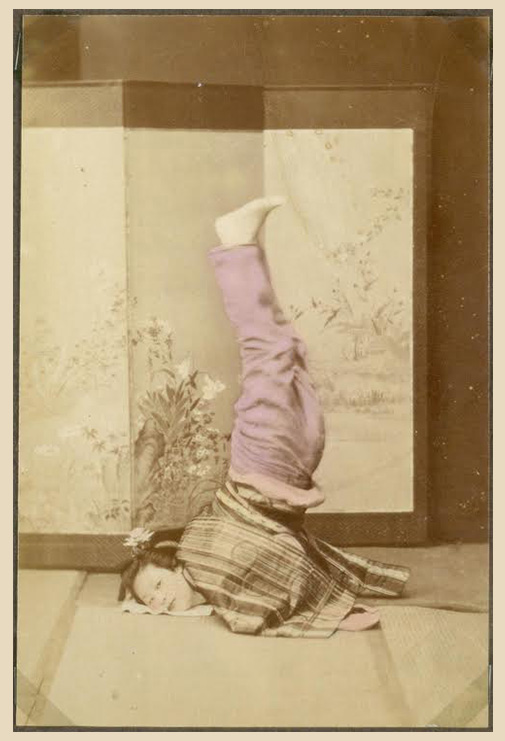- Vol. 04
- Chapter 04

Darkness Here
Once upon a time, I met an English professor. This man, a renowned and illustrious professor, had written a book about my country. The book was a short, well-paced adventure. It involved a stolen vase, an acrimonious frog, and a ship of merchants. I was anxious to meet him and discuss his book.
When I knocked on his door, he answered in a deep, low voice, telling me to come inside. I entered and he got up from his chair and walked towards me to shake my hand and then turned and walked back to his chair. I immediately noticed his eyes – small and shrewd – they darted from side to side, like he was a rat scanning a kitchen floor for food before running back inside his hole. He gestured towards a chair and I sat down. The office was long and narrow, shelves of books on either side. He sat at the far end of the room. A few photographs and postcards were stuck to the wall behind him.
As soon as I sat down, he began to talk, telling a story about the time he had spent in my country. I couldn’t focus on the story. A photograph on the wall behind him had mesmerized me. It depicted a woman resting her head on the floor with her legs raised vertically above her. She was upside down. A screen of flowers framed her. I wondered why the woman had adopted that peculiar pose. Was she an acrobat? Was she comfortable? Was she trying to impress the photographer, the audience? The photograph was sepia-toned. It reminded me of nineteenth-century archives: photographs of people from my country, contorted, categorized, and assembled for photographers from the country of my professor. The professor continued to talk about my country, pausing intermittently, perhaps waiting for me to respond, but I felt incapable of saying anything. I kept staring at the photograph. Suddenly, I was incensed. The photograph awakened a deep rage inside me.
Darkness Here
I wanted to interrogate the professor, ask him about the photograph: Where did he get it? Why did he have it? What was the purpose of it all? I noticed now that the room reeked of crime: the windows, chairs, books; everything carried a malign and barbaric scent.
“…of course, we must continue to write and believe in literature.” This snippet of the professor’s speech caught my attention. I thought it an astoundingly stupid statement, a small and puny statement, a worthless statement in the face of all the crimes accumulated in the room. I got up; my knees felt weak and I realized my whole body was shivering. I walked out.
Outside, it was dark. When did it get dark? I was sure it was morning when I had entered the professor’s office. Did I spend the whole day there? How could it be possible? I walked the streets. The darkness seemed to transform into the sepia of the photograph. The anger I had felt in the professor’s office subsided and was replaced by an incomprehensible sense of loneliness. I felt that I would be lonely for the rest of my life. The feeling of interminable loneliness had something to do with the photograph, and while I could not explain the connection, I knew the sepia, the woman, the frame of flowers were the reasons I sometimes folded in on myself and my heart felt like a tightly wound knot and I had to tap my chest lightly and say, “Hush.”
